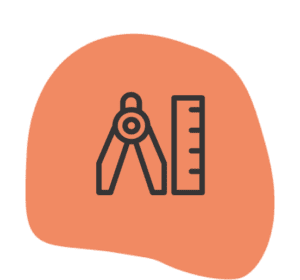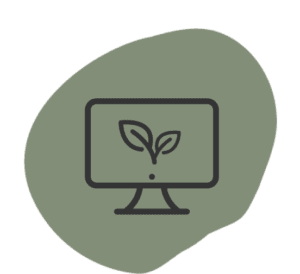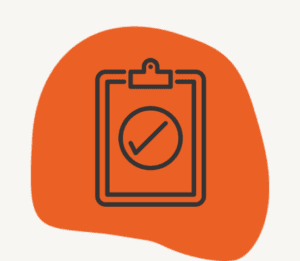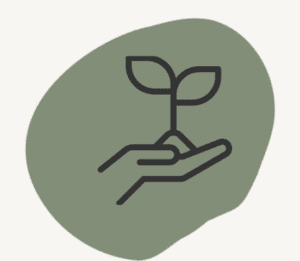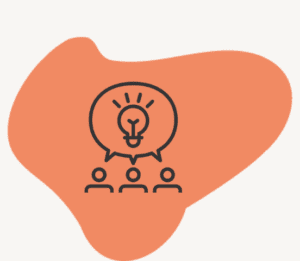We all know recycling is important, especially within the events industry where it’s integral that we have plans in place for where materials end up once an event is over. But what actually happens to our waste and does it really get recycled?
That’s exactly what our team and a group of isla Members set out to explore on a recent visit to Bywaters: a leading UK sustainable waste management company based in East London.
With the largest undercover waste processing site in London, Bywaters is on a mission to send zero waste to landfill. Their operations are powered by 4,000 solar panels, a fleet of 52 electric vehicles, and a team of experts who work closely with clients to cut waste, reduce emissions, and improve recycling rates.
Over a 45-minute guided tour of their advanced facilities, we followed the entire journey of waste processed by Bywaters – from collection to processing – and came away with insights that we think every event professional should know about.
The journey: how recycling works
Mixed recycling enters the facility via a weighbridge, where it’s first visually inspected for contamination. There’s a strict 5% contamination threshold and if that’s exceeded, the whole batch is diverted to incineration and the client is charged.
From there, a complex network of machines sorts the waste into clean material streams, ready to be baled and sent off to trusted partners across the UK. The scale of the operation is staggering: what arrives messy and chaotic leaves as tidy, sorted bundles of recoverable resources.
It’s clean, efficient resource recovery and it’s powered by innovation.
What we learned
Here are some key takeaways from our visit to Bywaters:
Food and drink are the biggest culprits – Packaging with food residue is a major contaminant. Always scrape food into the correct bin before recycling the packaging or it risks the whole batch being lost.
5% contamination = incineration + client charge – If a recycling load is more than 5% contaminated, it can’t be processed and is diverted for energy recovery.
Branded clothing doesn’t belong in mixed recycling – It’s a recurring issue and it’s traceable. Brands who put their clothing into waste can be identified by labels.
Paper towels can’t be recycled – Despite the name, they’re a composite material, so they belong in general waste, not the paper bin.
Don’t forget the ‘tip test’ – If you wouldn’t tip a container over your head without worry, it’s not clean enough for recycling.
AI is here and it’s helping – Bywaters is trialling AI to scan waste bags for contamination and help staff manage incoming loads more efficiently.
Smart bins, smarter outcomes
One of the most exciting innovations we saw was the Bigbelly Bin, a solar-powered, AI-assisted bin that sorts and compacts waste on-site. It’s a glimpse of the future: cleaner streets, more accurate waste data, fewer collections, and a smarter way to reduce contamination.
More than just a recycling company
Bywaters doesn’t operate in isolation. Through their Green Gurus programme, they support clients with tailored guidance to improve performance. They also partner with trusted waste handlers nationwide, including specialist processors for materials like Vegware.
As they told us: “We’re not just here to collect waste. We’re here to help you stop creating it in the first place.”
From the industry
Natalie Sykes, ExCeL London:
“Due to the size of the contract, we tender for our waste management provider. Most tendering parties were comparable commercially, but Bywaters scored significantly higher for ESG and won the contract on this basis.”
Final thoughts: waste is a system
The visit to Bywaters was eye-opening, not just because of the sheer scale and precision of the operation, but because it revealed how every decision we make upstream impacts what’s possible downstream.
As event professionals, we have the power to:
Reduce waste at source
Improve sorting and signage on-site
Use the right partners
Educate our teams and suppliers
When we do that, we cut costs, reduce emissions, and strengthen our brand reputation. It’s a win for you – and a win for the planet.
Our latest news






